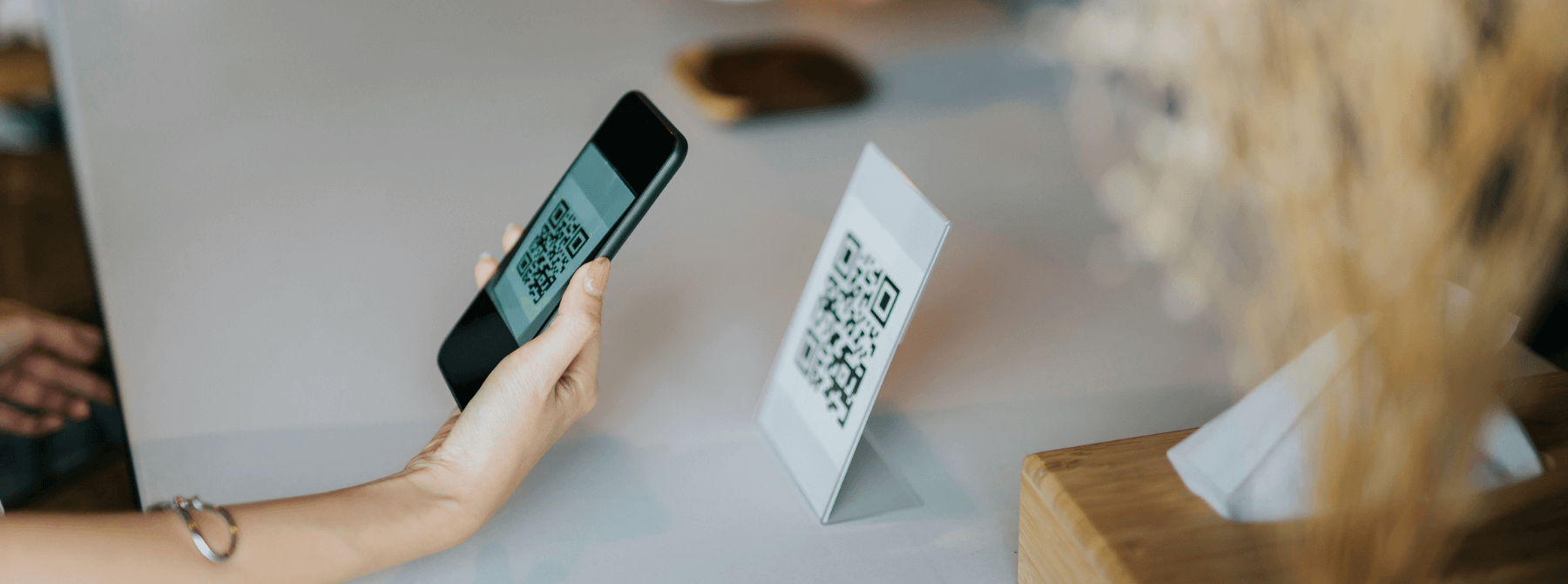
Connecting the Principles of Mindfulness to Leadership and Innovation
I have spent years studying mindfulness and the positive impact it can have on both our personal and professional lives. Mindfulness always matters, but it is especially important now, at a time when so many are dealing with isolation and loneliness stemming from the pandemic. COVID-19 obviously poses unprecedented challenges for us as people, and as business leaders; but it also presents an opportunity: a chance to reimagine business models with technologies that improve customer and employee experiences and, in turn, our wellbeing.


This December, I had the opportunity to lead a masterclass on mindfulness at the 2020 Web Summit, one of the world’s top technology conferences. The event brought together leaders from Siemens, Google, HubSpot, Microsoft, Accenture and more to offer thought leadership on technology trends and pressing social issues. In the session, I shared what I have learned about combining principles of mindfulness, design and purposeful technology to create impactful experiences and drive business growth.
I was joined by my colleagues Camille Sharrow-Blaum, strategy lead, Rightpoint, and Jesse Murray, SVP, employee experience, Rightpoint, who shared their experiences related to adapting to this new reality and applying mindfulness in the workplace to benefit themselves and their teams. But, it is not just about adapting. I truly think we can thrive—individually and collectively—by using principles of mindfulness to foster authentic human connection. Here’s what I mean.
The Future of Connectivity Starts with You
Everything we do and every relationship we have succeeds or fails based on our level of true connection. Human connection leads to the greatest potential for peace and joy. Conversely, lack of connection can have a detrimental impact on our health. The human need for connection is as real as the need for water and food. Business leaders should recognize this need in themselves, their teams and their customers.
Before you can improve connectivity with others, you need to become more connected with yourself. It is similar to how we at Rightpoint approach experiences. We tell our clients, if you want to drive an exceptional customer experience, you have to start with your employees by providing the environment and tools that improve employee happiness and their ability to do their job.
The Six Principles of Mindfulness
That is where mindfulness comes in. In my years of studying, practicing and leading with mindfulness, I have observed six core principles that have the most impact on feeling present and connected: authenticity, passion, courage, gratitude, collaboration and sense of purpose. Each of these concepts can be applied in a workplace setting to drive business outcomes. Holistically, they will lead to a better sense of self and improved wellbeing, enabling you to be a better leader, a better innovator, and a better—and happier—person.
Authenticity
It starts with you—and more precisely, who you are, your values, beliefs and principles that comprise your authentic self. To be authentic is to be in touch with what you really want so you can live true to yourself, not beholden to the expectations of others. People recognize authenticity, in individuals and in companies.
Passion
Passion is your vision for life, your moral compass. Stay true to your passions, aligning your strengths to make every opportunity count so you can achieve your goals. The same applies to business. A business that is passionate about its mission, and about listening to and empowering its employees, wins customers.
Courage
It’s cool to be passionate and have values, but unless you do something with those two, they’re meaningless. You need courage. Courage is about having the confidence to express your passion with conviction. It is about being brave enough to express your feelings, do what is right and stand up for your wellbeing.
In business, there could not be a better time than now to exercise courage to re-imagine your operating models. Have the courage to listen to your employees and engage them in its design as you would engage your customers.
Gratitude
Gratitude is one of life’s most powerful yet least used self-care tools. Taking time out to be thankful to yourself and those around you can be rewarding, re-balancing and lead to acceptance and freedom from whatever may be holding you back. Be grateful for what you have experienced—even the hard parts—and don’t be afraid to show it. Say “thank you” and praise others and you will notice an immediate difference in the support you will receive in return.
Collaboration
Collaboration took on a new meaning this year. With so many of us working remotely, work has become more personal—more human. We have been forced to roll with the punches as barking dogs and curious children make cameo appearances on “mission-critical” Zoom calls. We have been forced to work together to solve new business challenges with digital sticky notes on Miro boards and to support one another through these difficult times as life needs to continue.
My co-host during the Masterclass, Camille Sharrow-Blaum, strategy lead, shared her experience. “Personally, I’ve experienced teammates checking in on my life much more than when we were in an office situation now that we’re all working remotely – potentially because I’m interacting with them in my home, sometimes in workout clothes, sometimes with background noise from whatever is happening in my personal life, whatever else might be going on. To me this has helped keep us feeling collaborative and supportive in small team scenarios in a time when that is difficult to achieve.”
For businesses, this is the time to invest in employee understanding. Figure out their needs and desires and how you can best support them, not only by supplying technology tools and platforms, but by creating the optimal environment and culture. By improving the employee experience, you will improve people’s ability to do their jobs, which will ultimately improve the customer experience.
Sense of Purpose
A clearly defined sense of purpose will help you achieve your goals. Look to understand the why behind the what, for yourself, your customers and your business. Personally, I’m passionate about enriching my clients’ understanding of what it takes to innovate with the human at the center. I want to teach the world to respond to every need with empathy—a deep understanding of people so we can mindfully deploy technology to advance customers, employees and everyone’s lives in a way that accelerates growth and drives progress for all. This purpose is authentic to my personal belief system. I believe in it whole-heartedly, and I like to think my clients and colleagues can feel that.
Having a sense of purpose is important on a smaller scale, too. Around the world, the lines between work life and home life have basically dissolved. People are working longer hours, and there is an onus on business leaders to protect their employees’ wellbeing. Defining the purpose of each meeting, each day, each project, etc., keeps teams focused and intentional.
When you invest in the right experience for your employees, you get highly engaged employees and that results in greater revenue - about 200% greater than organizations with employees engaged at average levels according to a study by Glassdoor.com. As reported by Forbes, companies with a positive employee experience typically see 147% higher earnings per share and an 80% reduction in work related stress. And that's not all... productivity improves by 20-25% in organizations with connected employees (McKinsey Institute).
Jesse Murray, SVP, employee experience, reinforced this idea during the Masterclass. “Many of our customers already have enough technology and I know that may sound odd coming from a technologist. I could make a strong argument that investing more in understanding your employees with investments in personas, journeys and lifecycle and how technology supports or enables their specific needs has a much higher ROI than any single technology.”
These are just a few examples of how you can apply mindfulness principles to your personal and professional life to improve your wellbeing, and the wellbeing of those around you, to create meaningful business outcomes. This has been a tough year, to put it mildly. But I hope it leads to a brighter future by shining a light on the human need for connection, and inspiring business leaders to be a part of the solution, first by looking inward, then by looking outward—to their employees, customers and vendors—so they can design mindful solutions that benefit us all.


